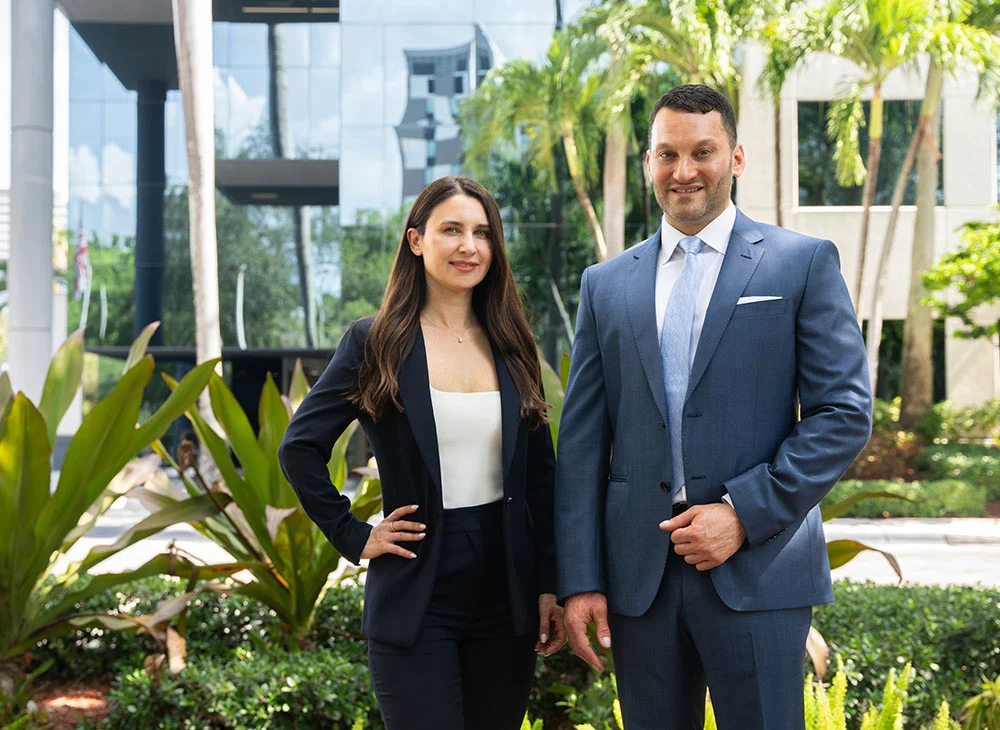The Cost of OculoFacial Plastic Surgery
The performance of OculoFacial Plastic Surgery and procedures requires an incredible amount of knowledge, experience, expertise, patience, and meticulous attention to detail. For many cases, one half of a millimeter can make a significant difference between a great result, and a result that might have other complications associated. When selecting an OculoFacial Plastic Surgeon for a cosmetic or reconstructive procedure, it is very important to find someone who shares your aesthetic sensibilities. During your consultation, Dr. Lewen will perform a careful examination and will attentively listen to your cosmetic concerns. He will then utilize his keen aesthetic eye and experience to create a customized treatment plan that will help you to best attain your individual cosmetic goals. Dr. Lewen is fully committed to helping you achieve the most successful and safe facial rejuvenation with natural-appearing results.
